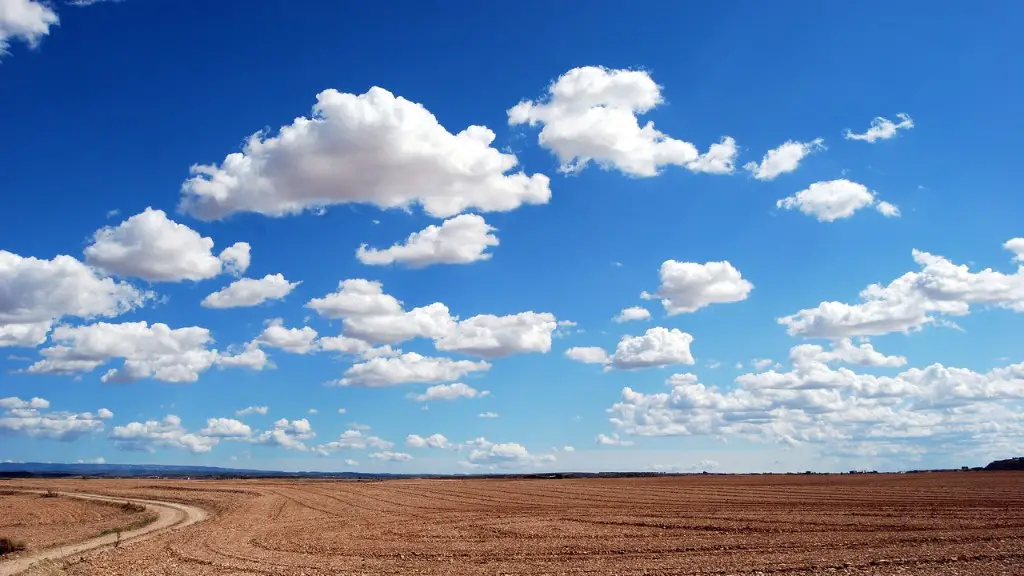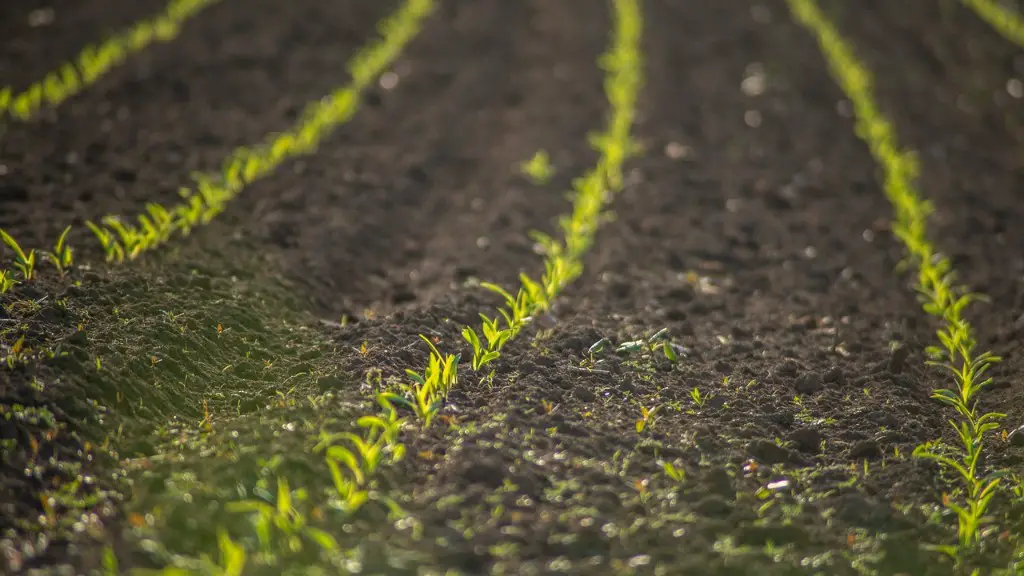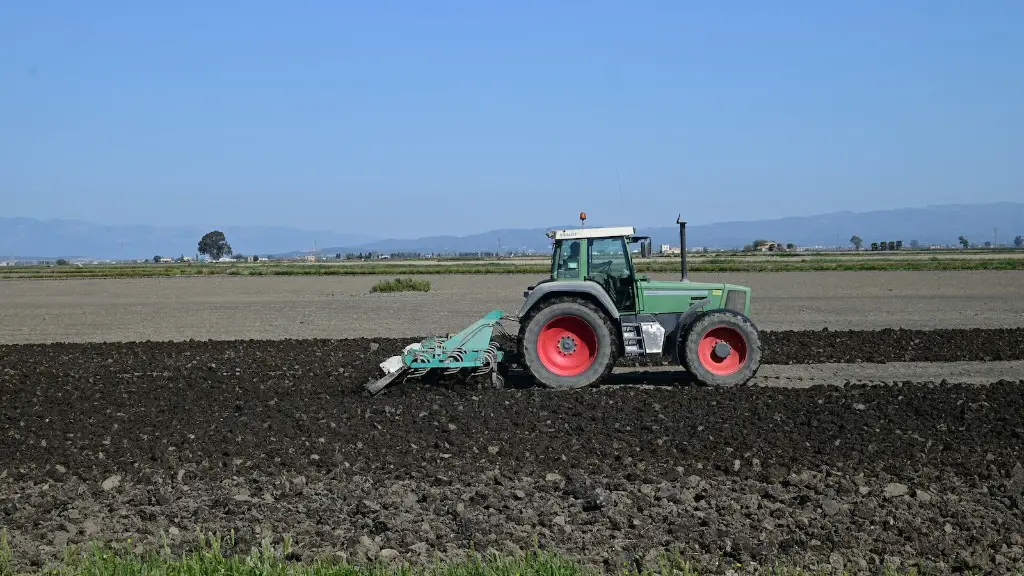Using artificial intelligence (AI) in agriculture is becoming increasingly important in the modern world. It has become a powerful tool, which can help farmers increase production and manage their land in more efficient ways. AI can provide farmers with access to data that can help inform decisions related to crop management, as well as predict and track changes in the climate. In this article, we will look at some of the ways AI can be used in agriculture.
1. Automation and Efficiency
AI can automate and optimize processes, such as planting, harvesting, and crop maintenance. This helps increase efficiency and reduces the need for manual labor. AI can also be used to monitor fields and detect changes in the environment. This can help farmers keep track of their crops, and adapt their practices accordingly.
2. Improved Weather Monitoring
AI can be used to monitor weather patterns and predict the effects of particular weather events on the crops. This can help farmers prepare for extreme weather conditions and plan accordingly, which can increase crop yields. AI can also be used to help determine the optimal time for planting and harvesting.
3. Soil and Water Management
AI can be used to monitor soil conditions and water levels in fields, as well as identify areas of nutrient deficiency. This can help farmers use resources efficiently and maximize crop yields. AI can also help identify problems in the soil, such as pests and diseases. This can help farmers take preventive measures, such as fertilizing the soil to control pests and diseases.
4. Improved Crop Yields
AI can be used to identify optimal crop varieties and assess their potential yields under different environmental conditions. This helps farmers select the best crops for their region, which can lead to higher yields. AI can also be used to analyze market demands and select the most profitable crops for a particular region.
5. Increased Productivity
AI can help farmers reduce costs and increase productivity. AI can be used to automate tasks such as irrigation and fertilizer application, which can save time and reduce labor costs. AI can also be used to optimize crop yields and get the most out of available resources. This can help farmers increase their yields without increasing their costs.
6. Monitoring Animal Health
AI can be used to monitor the health of livestock, such as cows and pigs. This can help farmers identify illnesses early and respond with appropriate treatments. AI can also be used to detect diseases in plants, which can help farmers identify and prevent outbreaks.
7. Precision Farming
Precision farming is the use of technology to optimize inputs and outputs of farming operations. AI can be used to automate decision-making and provide insights about crop health and soil fertility. This can help farmers make informed decisions about their land and maximize their returns.
8. Data Analysis
AI can be used to analyze data from various sources, such as satellite imagery, drone footage, and sensors. This can help farmers identify patterns and trends in crop yield and soil health. AI can also be used to analyze and compare data from multiple sources, which can help farmers make more informed decisions.
9. Automated Problem Detection
AI can be used to detect signs of problems in plants and crops, such as pest infestations and soil nutrient deficiency. This can help farmers detect issues early and take corrective measures accordingly. AI can also be used to monitor the environment and detect changes in the climate that might affect crops.
10. Enhanced Irrigation Strategies
AI can be used to analyze data from various sources to determine the optimal irrigation strategy for a particular field. This can help farmers save water, reduce costs, and increase yields. AI can also be used to monitor water usage and detect any problems, such as leakages and inefficient water use.


